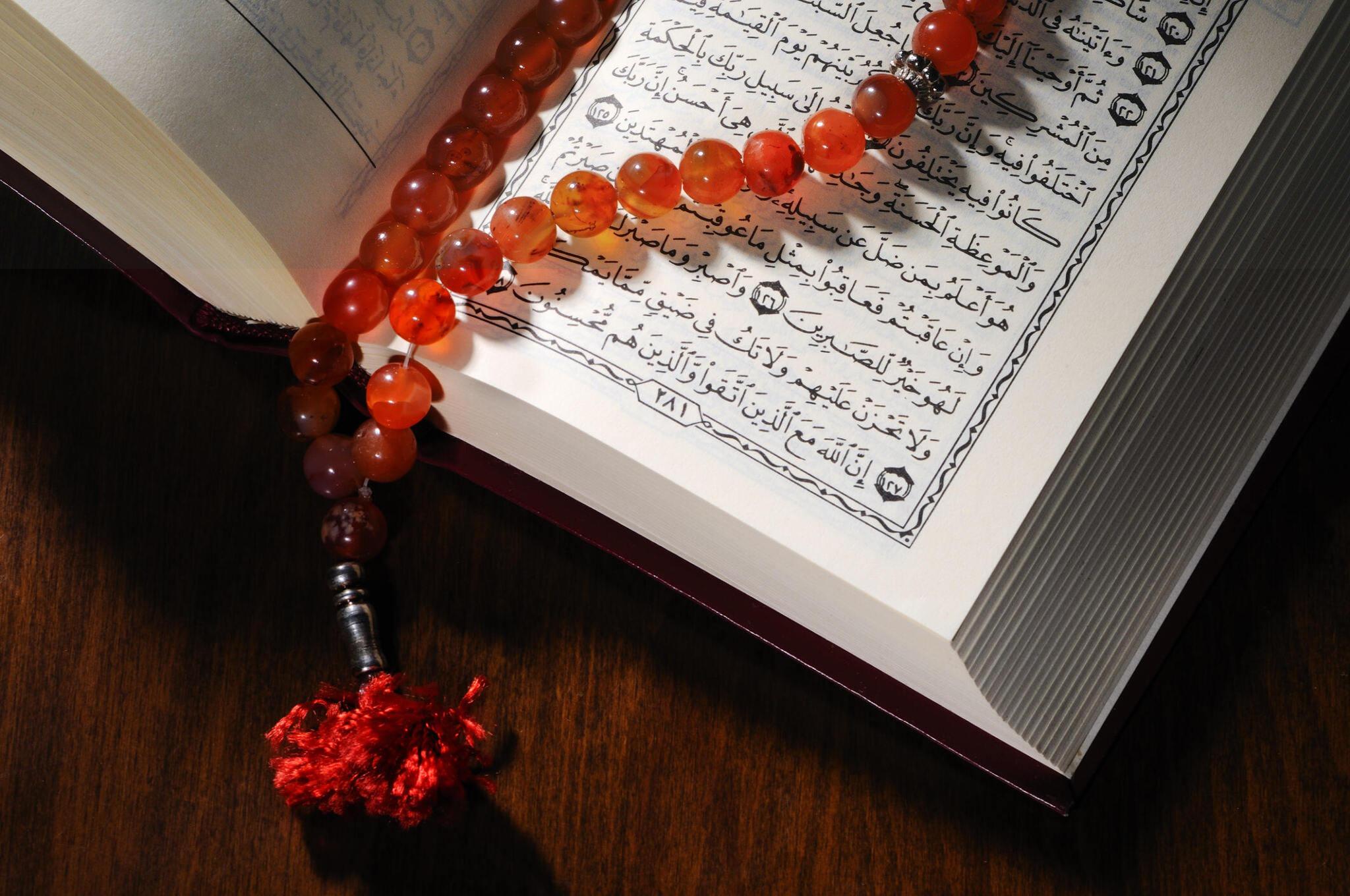The Quran contains a number of Surahs (chapters) that specifically relate to Friday, which in Islam begins right after sunset on Thursday and ends at sunset on Friday. Lets Explore What Surah should a person read for Jummah?
Recommend Read : Why Every Muslim Should Know the Benefits of Surah Mulk
On Jummah, which Surah should be read?
Friday is the day for reciting the following Surahs:
- Zilzaal Surah
- Al-Alaa Surah
- Dukhan Surah
- Baqarah Surah
- Imran’s Surah
- Sajdah Surah
- Kahf Surah
The Prophet Muhammad (SAW) said that Friday is the best day of the week in the eyes of Allah. It’s even more special than Eid-ul-Fitr and Eid-ul-Adha.
Ibn Majah
The greatest day when the sun comes up is Friday. It’s the day when Adam (AS) was made, when he first entered paradise, and also when he was sent out from there.
Sahih Muslim
Significance of Surah Al Kahf
If you read Surah Kahf on Fridays, you’ll have a special light from your feet to the sky. This light will help you on Judgment Day, and all the sins you’ve committed since last Friday will be forgiven.
Musnad Ahmad
Hafiz Zya’al-Maqdisi wrote in Al-Mukhtarah that Prophet Muhammad said, ‘Reading Surah Al Kahf on Fridays will protect you from all sorts of troubles. Even if the Dajjal comes, you’ll be safe from his harm.
Rewards of Surah Dukhan
The Prophet of Allah, peace be upon him, said: “If you read Surah Dhukaan on Thursday night, seventy thousand angels will ask Allah to forgive you until morning.” He also said: “If you read Surah Dhukaan on Friday eve or on Friday, Allah will make a house for you in heaven.”
Tabaraani
Significance Surah Baqarah & Surah Imran’s
On Thursday evening, read Surah Baqarah and Surah Ale Imraan. These two chapters are called Zah’raa’wain. The Prophet (SAW) said: “The one who reads these on Thursday night, will be rewarded greatly, like the vast distance between the earth and the sky.”
Targheeb, Asbahaani
Importance Surah Sajdah
Abu Hurairah, may Allah be pleased with him, reported that the Prophet Muhammad, peace be upon him, said: “When someone bows down in prostration upon reading Surah Sajda (verse 15 which requires prostration), Satan feels upset and cries in a corner. He regrets that the person has obeyed the command to prostrate, guaranteeing Paradise for them, while he himself refused and is destined for Hell.”
Muslim
Surah Zilzal
Narrated by Abu Huraira (may Allah be pleased with him): The Prophet Muhammad (peace be upon him) said, “Whoever recites Surah Zilzal (Chapter 99) would get the reward of reciting half the Quran. Whoever recites Surah al-Kafirun (Chapter 109) would get a reward as if reading a quarter of the Quran. Whoever recites Surah al-Ikhlas (Chapter 112) would get a reward as if reading one-third of the Quran.
Tirmidhi
Surah Al-Alaa
Narrated by Abu Huraira, the Prophet Muhammad (peace be upon him) said: “Surah Al-Alaa and Surah Al-Ghashiyah will plead for their reciter on the Day of Judgment until they are forgiven.
Sunan Ibn Majah
Prayer etiquettes for Jummah.
This day is associate with many Sunnah practices and etiquettes of the Prophet (SAW):
- A ghusl (bath)
- Using a miswaak (traditional toothpick)
- Clean clothes, preferably white
- Applying itr (perfume)
- The Masjid should be visit early
- Instead of using a vehicle, walk to the Masjid
- Sitting near the imam
- In order to get to the front, do not walk over people’s shoulders (causing annoyance to others).
- Attending the khutbah (Friday sermon) attentively
- Reciting Durood abundantly (salutations to the Prophet)
- Excessive dua, particularly between Asr and Magrib
In order to read the Friday prayer in congregation, there are two rakaah (units) instead of the four normally read during this time on other days of the week. During the khutbah, the imam reads the qiraah (recitation of the Quran) out loud whereas on other days, the qiraah is read quietly at this time.
Conclusion
Selecting the appropriate Surah to recite for Jummah holds significant spiritual importance in Islam. While Surah Al-Kahf is highly recommended, any Surah from the Quran can be read during this blessed day. The essence lies in the intention, devotion, and reflection upon the teachings imparted by the chosen Surah, fostering a deeper connection with Allah and enhancing the spiritual experience of Jummah prayers.



